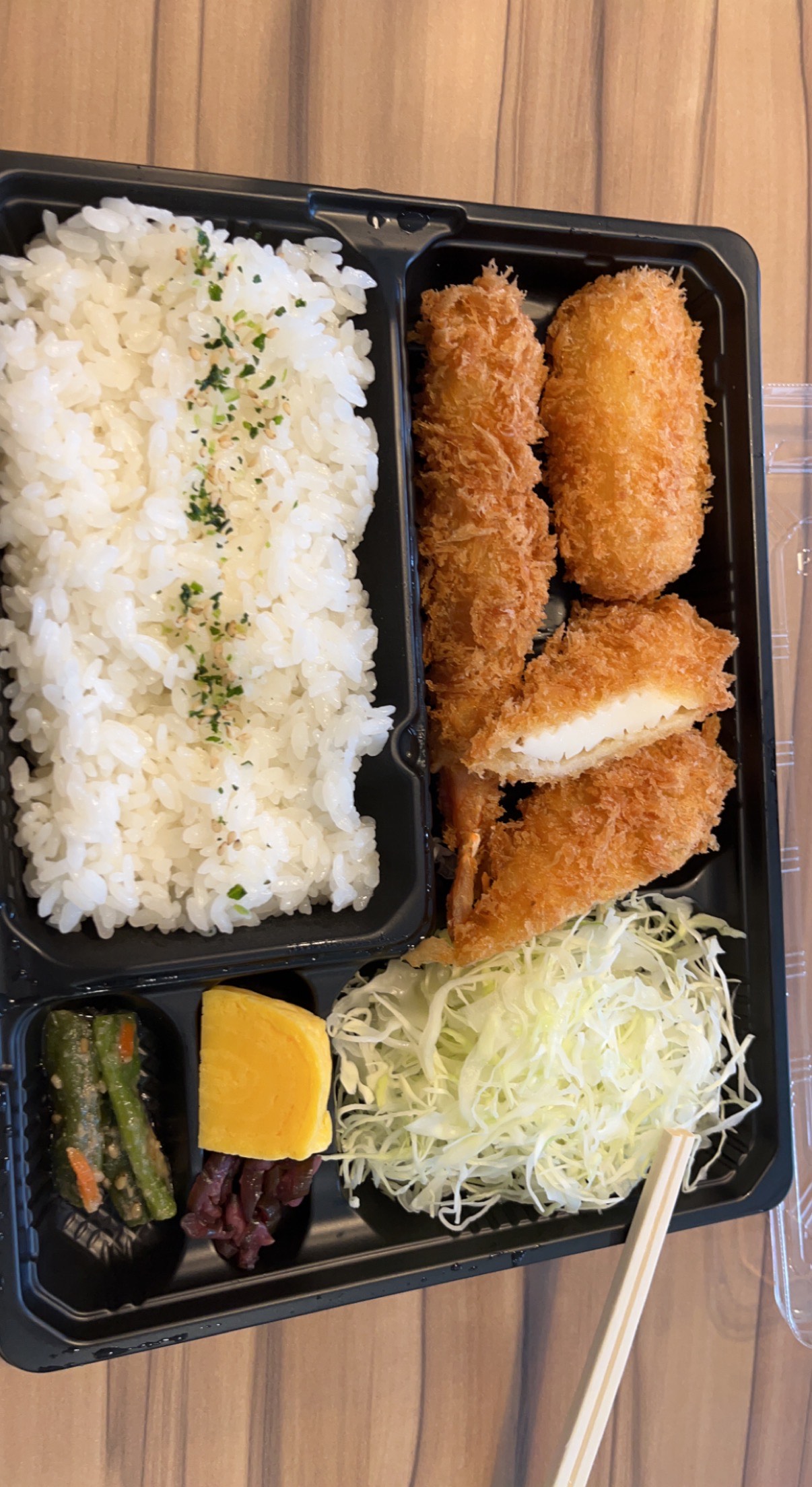
Yesterday marked my 7th full day in Japan. Entering my second week here in Tokyo, I already feel like there are so many things I can discuss. Luckily I will be studying here for two semesters which should hopefully give me ample time to discuss all the things that interest me and may interest you. With that being said I would like to tell you about my experience as a Muslim in Tokyo. I had two main concerns when coming to Tokyo, finding halal food and finding places to pray.
For those unaware, Muslims have dietary restrictions that prohibit them from eating pork or other meats that were not slaughtered in a method deemed halal (this does not include seafood). Tokyo has no shortage of seafood and vegetarian options on their menus. The problem I was running into was being able to read the menus and properly communicate my dietary restrictions with staff. My first few days I frequently found myself buying food from convenience stores to avoid any confusion, and I was often using Ubereats pickup as a crutch. My first time ordering in person was when I found a Turkish man who spoke English selling shawarma. Obviously I knew that if I relied on Ubereats and random encounters with English speakers I would have a very difficult time eating in Japan, so I decided it was time to learn a few new essential words/phrases. Before arriving in Japan I already knew how to say “I can/cannot eat” so all I had to do was learn the words for meat and fish and I would usually be able to get my point across. Learning the words was the easy part, but it was difficult to find the confidence to actually try speaking to people in Japanese. Fortunately my stomach is an excellent motivator, so I tried my new vocabulary quickly. The photo attached to this blog is a seafood bento box I proudly ordered near the train station near my dorm.
Finding places to pray, I think, is considerably more difficult than finding halal places to eat. Muslims are required to pray five times a day and most of the time I am able to pray in my dorm or the prayer room we have at my school. It can be problematic when I am out and need a place to pray. In these situations my first option would typically be to find a mosque, but with so few mosques in Tokyo it is rarely a valid option. In the event that I cannot reach a mosque I look for private places, like a park, that I can pray at. This has been really hit and miss the few times I have been in these situations as I often am not sure where to find a secluded park. Using Google to find one can be quite unreliable because there are times the parks I visit won’t have a place for me to pray without disturbing others or being disturbed myself.
In conclusion, I am still learning how to navigate being Muslim in Tokyo. My dietary restrictions were only really a problem due to my inability to properly communicate, and as I continue to get used to the areas around Tokyo I will have an easier time finding secluded places to pray.
